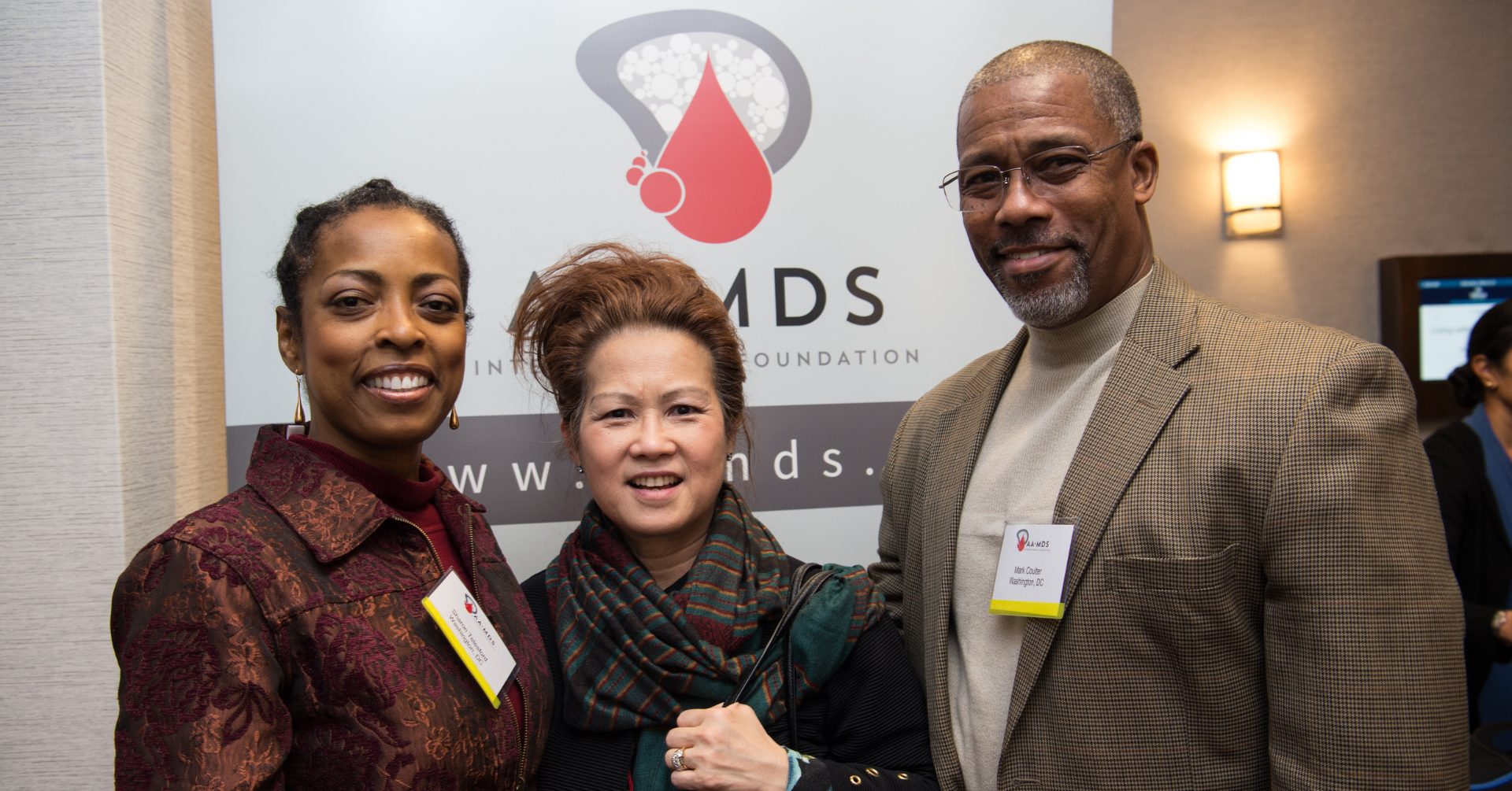The medical research process is a structured and methodical approach used to generate new knowledge and insights about various aspects of medicine and healthcare. It involves several stages, each aimed at addressing specific research questions, testing hypotheses, and contributing to advancements in medical science. Below are components of the typical medical research process:
- Identifying research questions or objectives: The process begins with identifying a specific research question, problem, or objective that needs to be addressed. This question could relate to disease causes, treatments, prevention strategies, diagnostics, or any other medical aspect.
- Literature review: Before starting new research, researchers review existing literature and studies relevant to the chosen topic. This step helps them understand the current state of knowledge, identify gaps, and build upon previous findings.
- Formulating hypotheses: Researchers develop hypotheses or educated guesses about the expected outcomes or relationships between variables in their study. These hypotheses serve as a foundation for the research design.
- Research design: Researchers design a study plan that outlines the methods and procedures they will use to collect data. This includes decisions about the study type (observational, experimental, clinical trial, etc.), study population, data collection methods, and data analysis techniques.
- Ethical considerations and approvals: If human participants are involved, researchers must obtain ethical approvals from relevant institutional review boards (IRBs) or ethics committees. These approvals ensure that the research is conducted ethically, with consideration for participant welfare and rights.
- Data collection: Researchers gather relevant data according to their study design. This could involve conducting surveys, interviews, experiments, medical tests, or observations, depending on the nature of the research.
- Data analysis: Collected data are analyzed using appropriate statistical methods or other relevant analytical tools. The goal is to derive meaningful insights, validate hypotheses, and draw conclusions from the data.
- Interpretation of results: Researchers interpret the analyzed data, discussing how the results align with their hypotheses and whether they support or refute the initial research question. They also consider the clinical significance of their findings.
- Conclusion and Discussion: In this phase, researchers summarize their findings, discuss their implications, and suggest potential applications or future research directions. This section often includes comparisons with existing literature and addressing limitations of the study.
- Publication: Researchers prepare manuscripts detailing their research process, results, and conclusions. They submit these manuscripts to peer-reviewed medical journals for evaluation by experts in the field. If accepted, the study is published, contributing to the broader medical knowledge base. Summaries of research findings can also be presented in other publications such as scientific reports and scientific meeting abstracts.
- Dissemination and implementation: After publication, researchers may present their findings at conferences, workshops, and seminars. If the research has practical applications, healthcare practitioners may incorporate the new knowledge into their clinical practices.
- Further research: Depending on the study's outcomes, researchers may identify new research questions or areas for further investigation. The cycle of medical research continues, building upon existing knowledge and driving advancements in healthcare.

